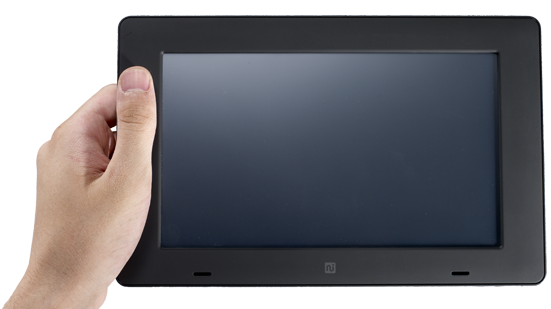The comments here and elsewhere to my post about iPad alternatives have been mixed. No surprise. There will always be Apple defenders and open source defenders. Still, I'd like to take a minute to talk a little more about the topic, address where the majority of the comments fell, and discuss a few more non-iPad options.
Are they really alternatives?
Many people mentioned that several of the iPad alternatives don't count as alternatives because they aren't available. I think that means they're not alternatives if you must buy a tablet today. And unless you're the person who must have every new gadget the minute it comes out, that's perfectly OK. (I'm not one of those people.) There's nothing wrong with looking at what's coming and buying when the technology is ready.
To me, the tradeoff of waiting a little longer for a non-iPad option is absolutely worth it. I don't completely avoid Apple products, although I wouldn't argue with anyone who did. I have a MacBook Pro, and late last year I started looking at tablets. Something small, portable, with a stylus, particularly for artwork. I was hoping the much-anticipated Apple "tablet" would be a functional PC type of tablet, similar to some of the tablet PCs already on the market. When the iPad arrived, I was disappointed along with many others to see that it wasn't much more than a giant iPod Touch.
About the Touch Book--A must-have or must avoid?
I agree with users like Drew Kwashnak and Michael Howell who say that the TouchBook is clearly the most compelling of the options--on paper. (Should that be "on screen" these days?) Unfortunately, I've heard some of the same things chad mentions--that on delivery, it's not what it seems to be. Does anyone have firsthand experience to share?
More alternatives
Several people mentioned more open source tablet options--including real, available right now options. Thanks! I'll be posting about those later this week. If you know of others, leave a comment here.
The bottom line
Here's what it comes down to for me: The iPad is designed for consuming. I want to create. And because of that, for me, the list of negatives greatly outweighs the list of positives. Of course, if this device is truly doing what you want and need, that's great. That's what's important. But I'm willing to wait for something better. Something meant for sharing. Something more open.




17 Comments